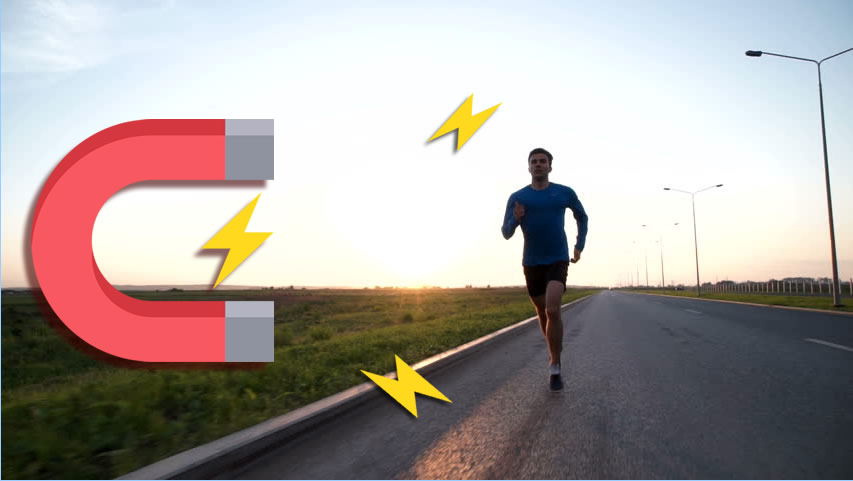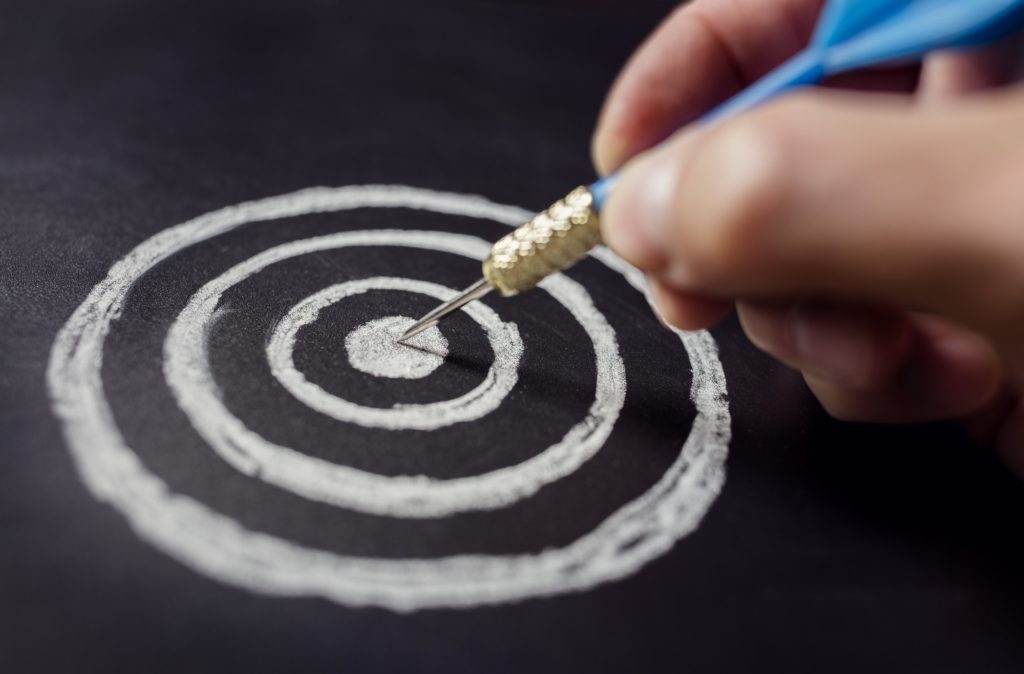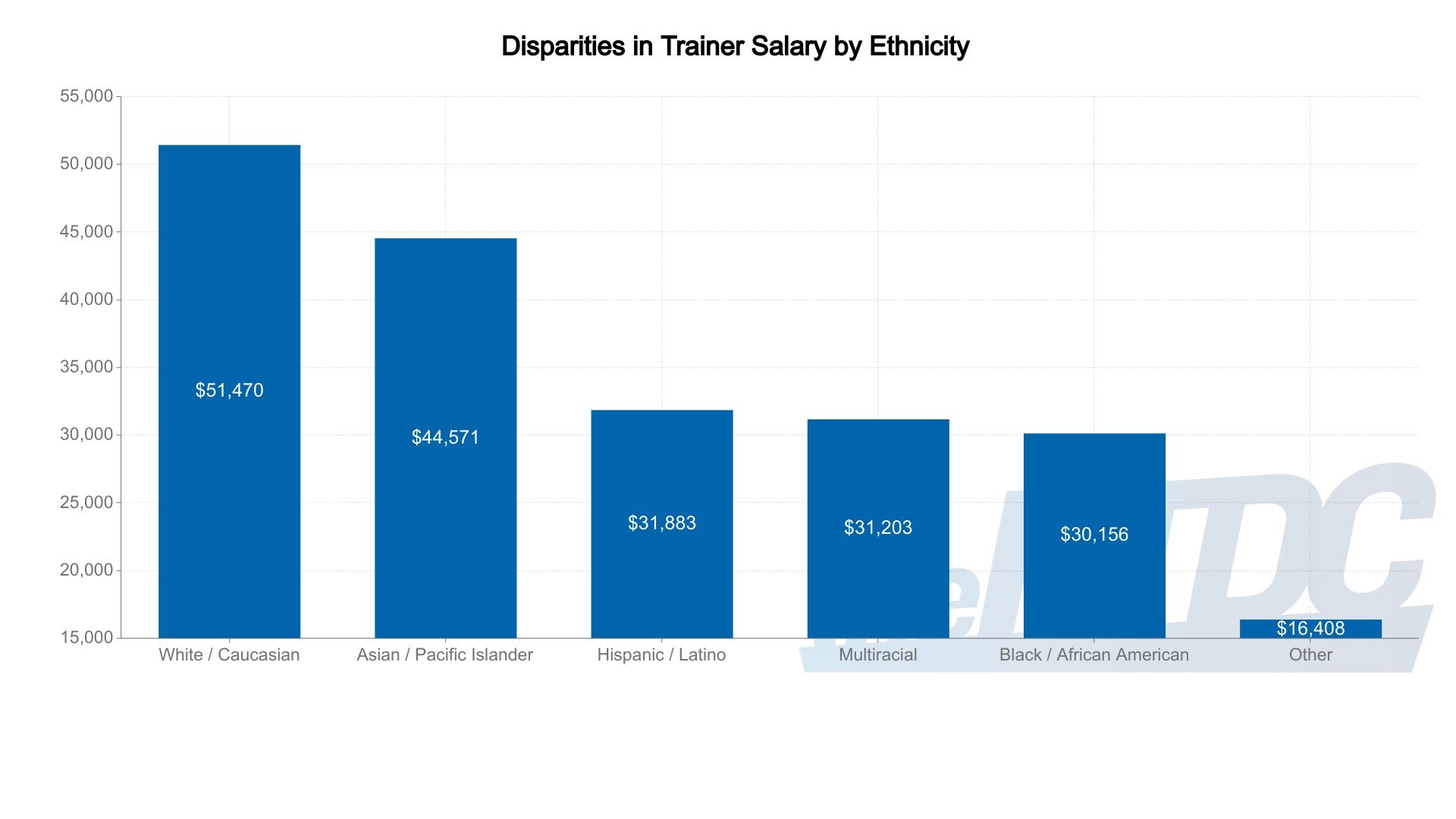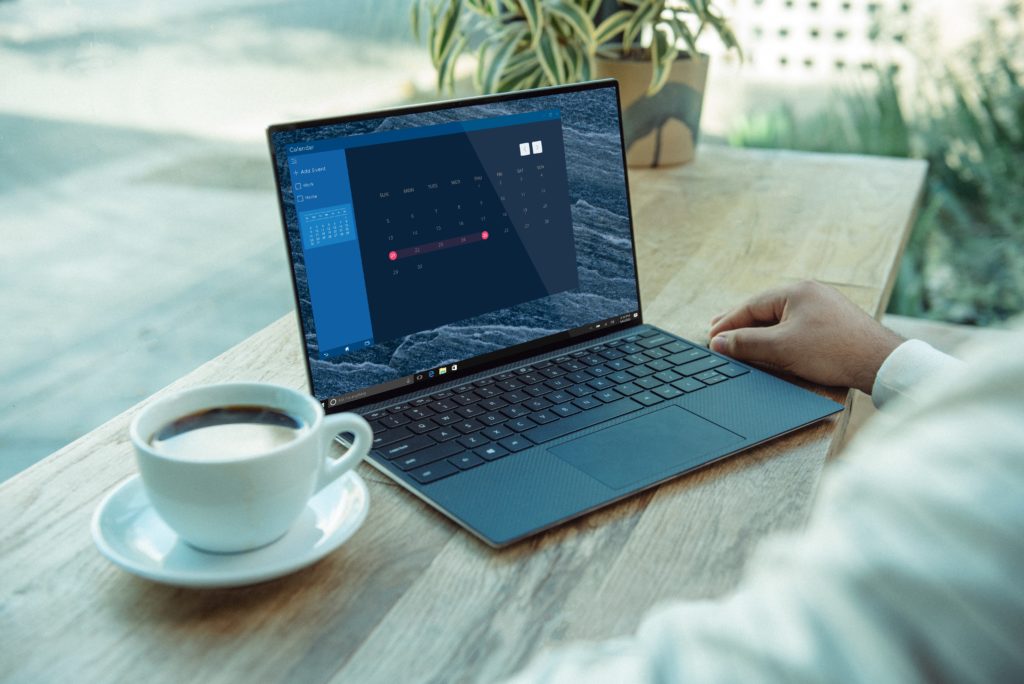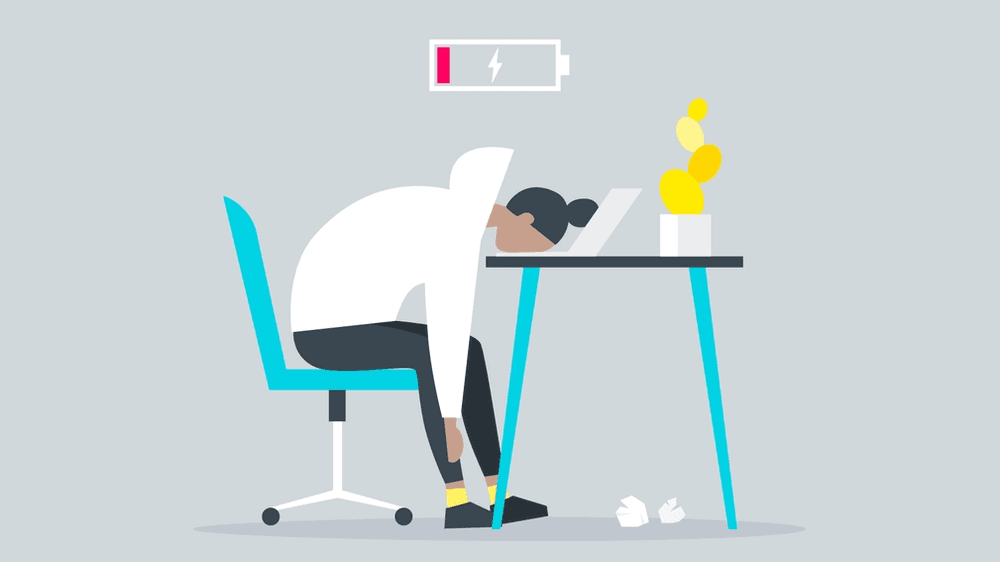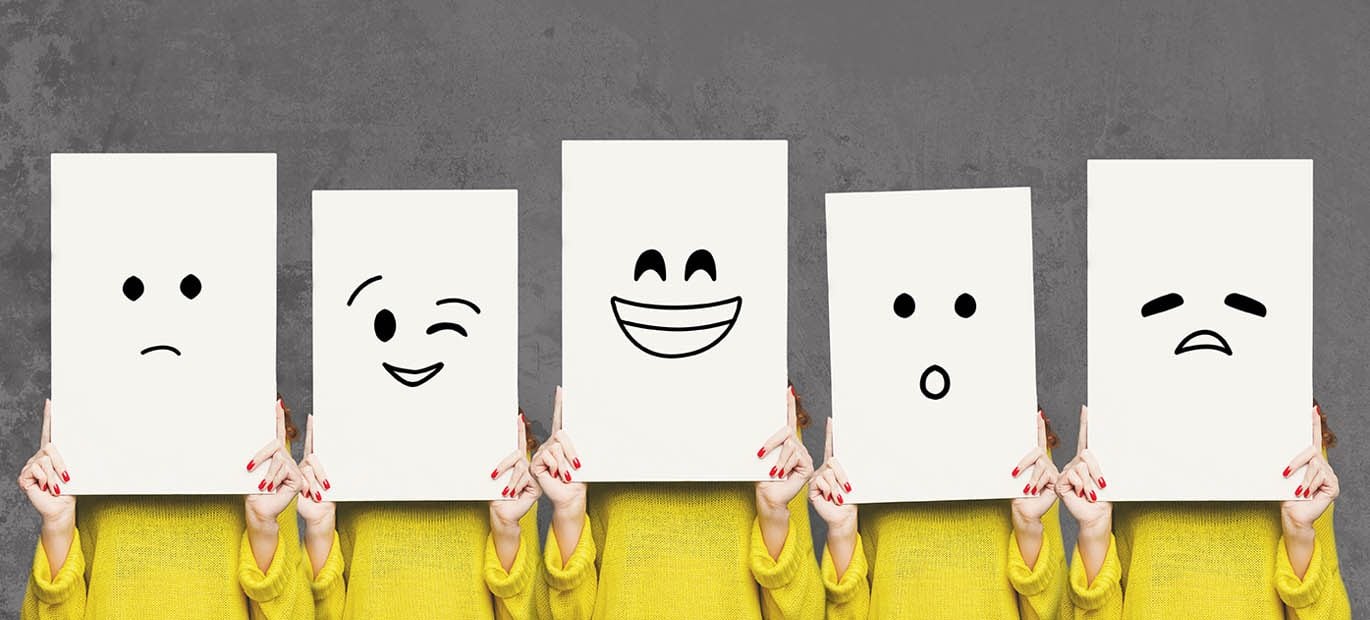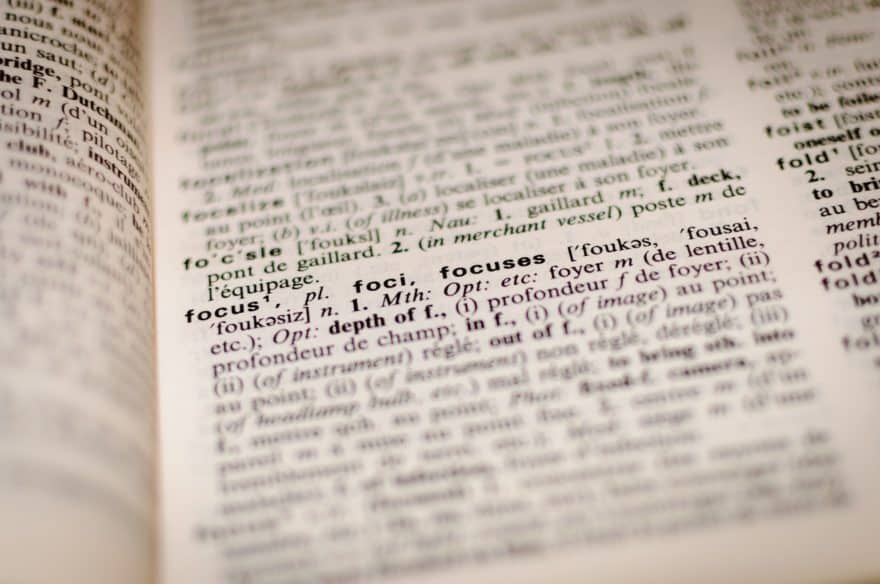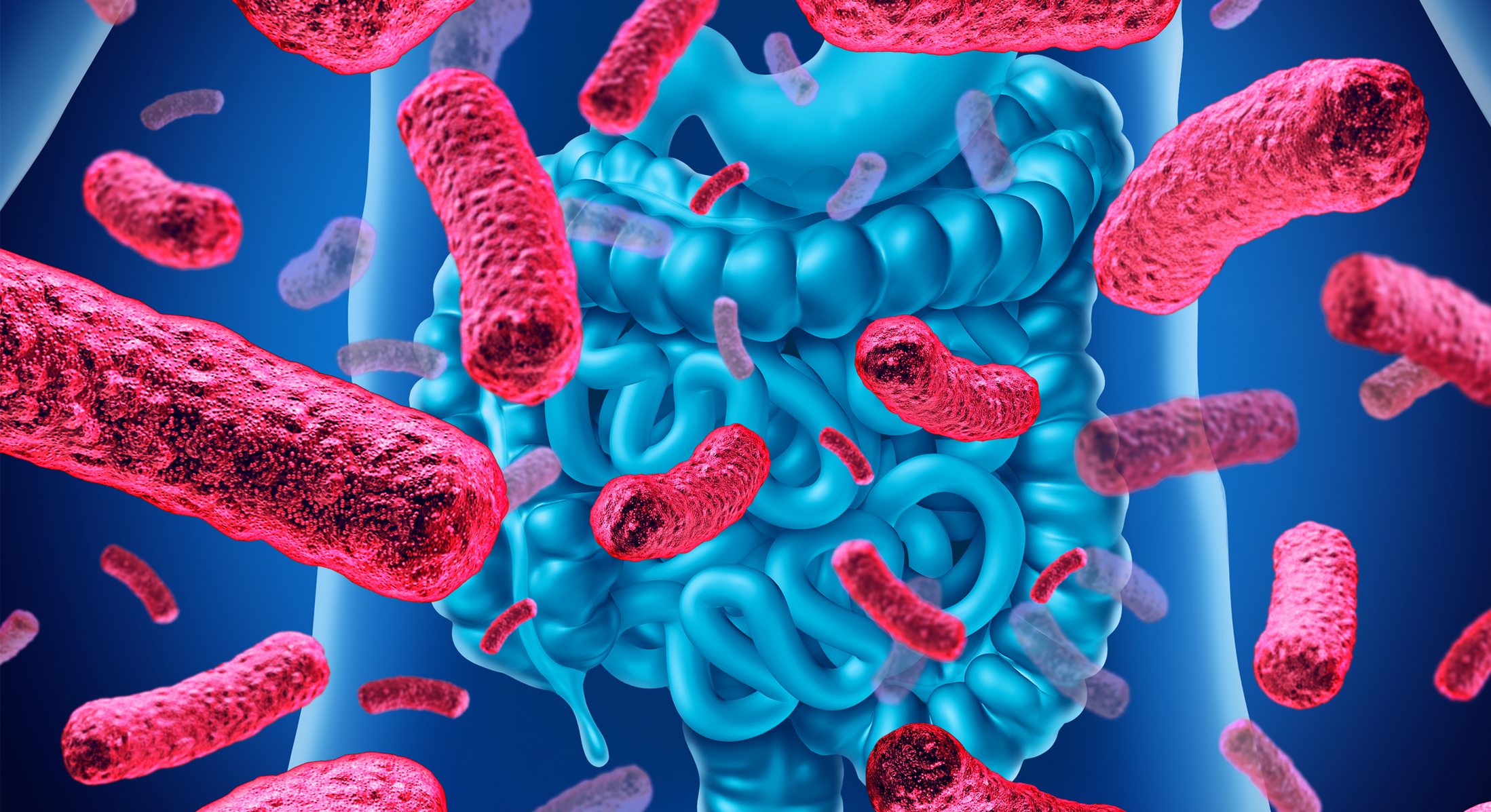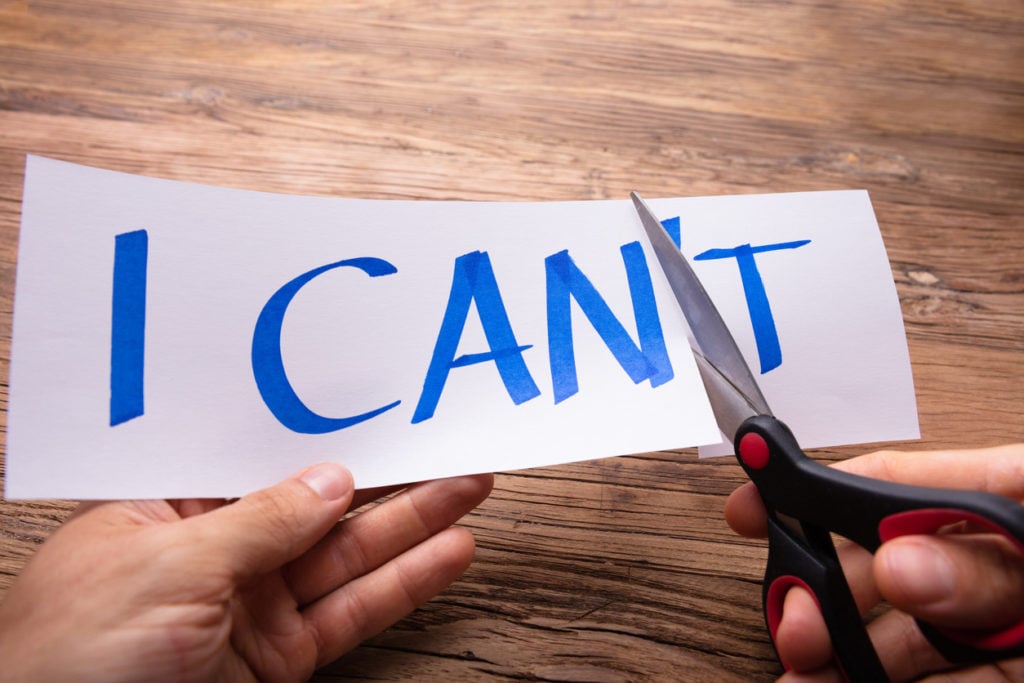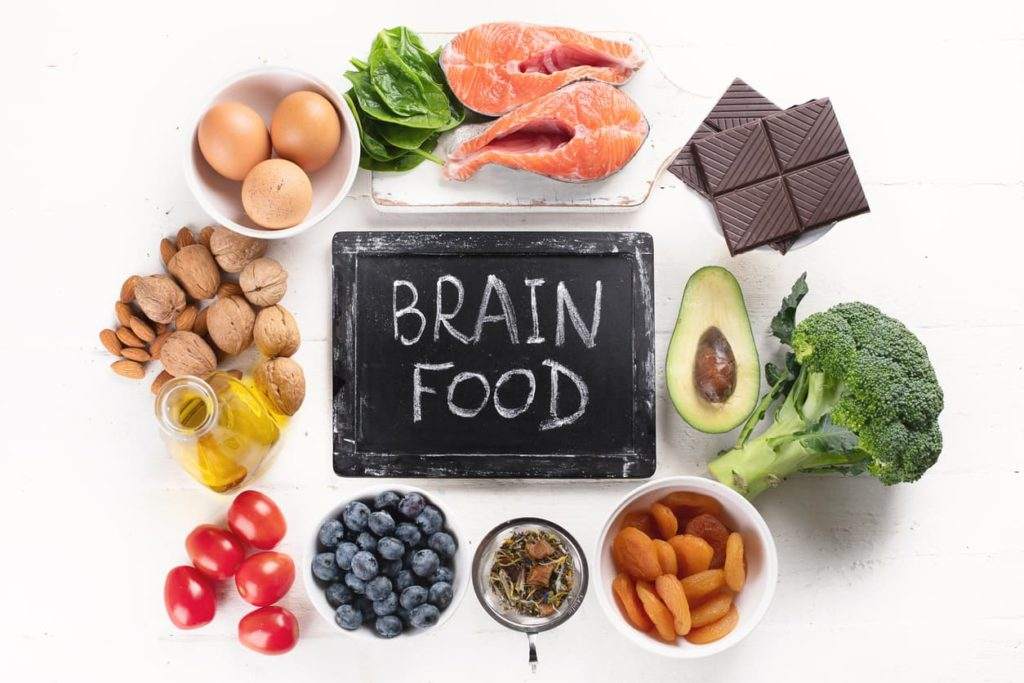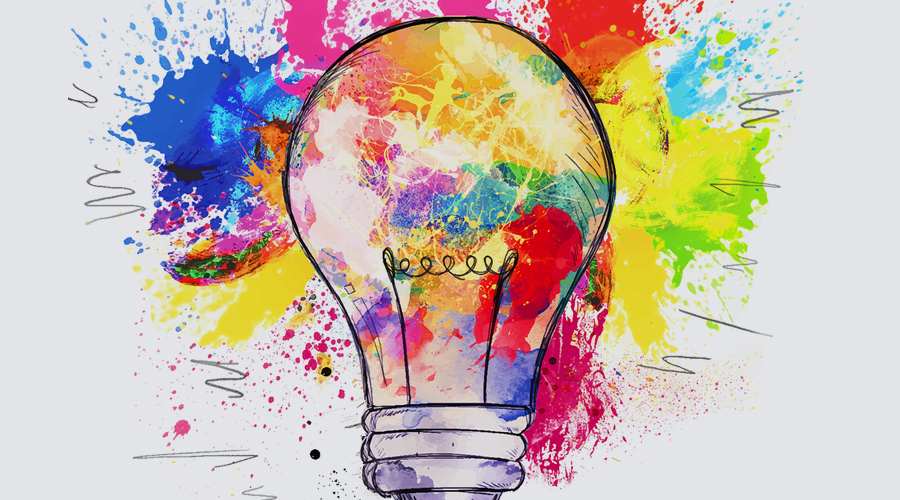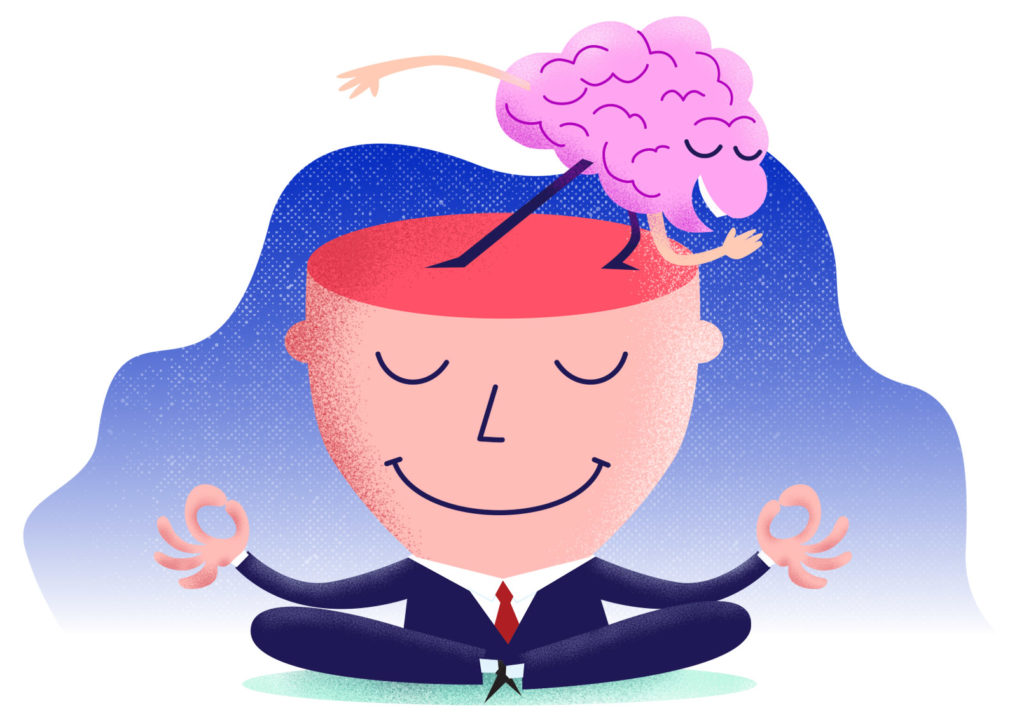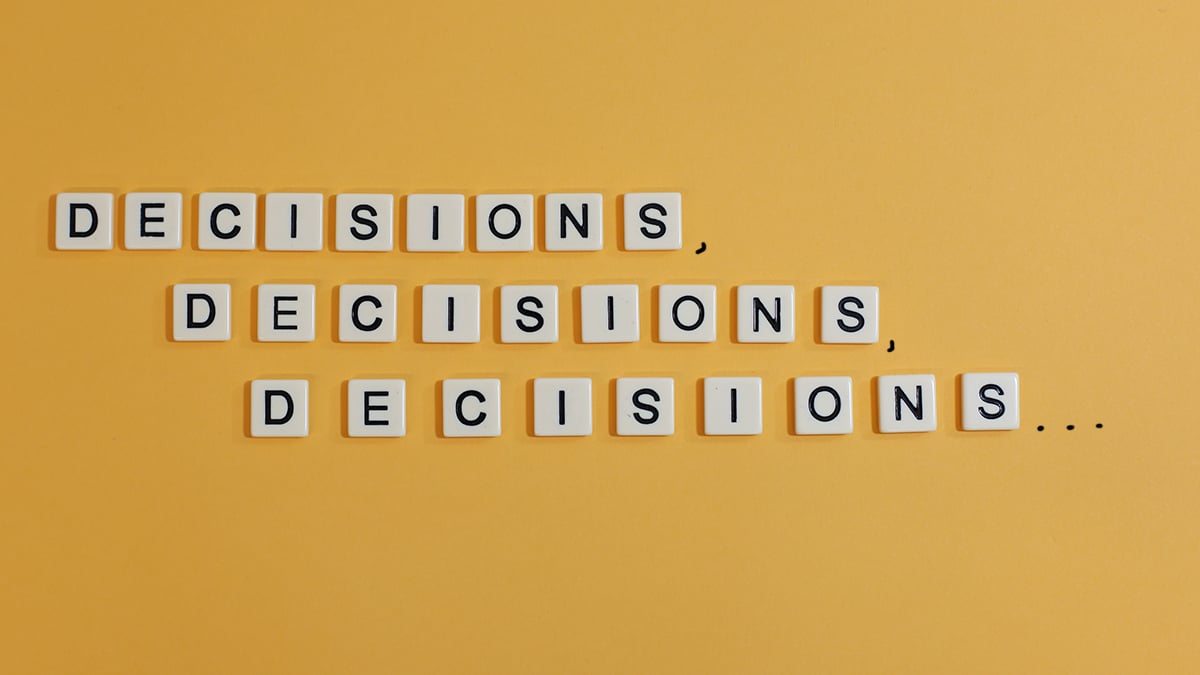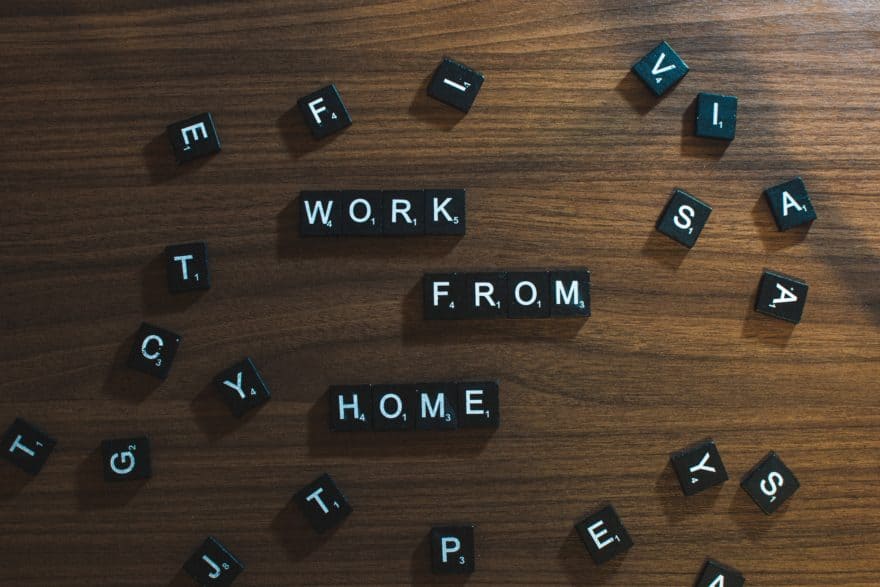Are you feeling amplified anxiety, sadness, or anger lately? An astounding 84% of adults have felt at least one of these stress-related emotions in the two weeks prior to being surveyed, according to this recent Stress in America report.[1] Although it’s often comforting to know you’re not alone, the pervasiveness of this particular shared experience is disconcerting. But first, what causes stress?
What Causes Stress?
Lurking beneath the surface of this collective situation are some deeper factors: feelings of powerlessness and a diminished sense of certainty.
Due to a variety of events over the past year, control over numerous elements of our lives has been stripped away, leaving us feeling frustrated, afraid, and unsure about the future. It’s as if someone took the puzzle of our lives, broke apart every segment we had painstakingly pieced together, then shook them up and dumped them into a scrambled mess on the floor. On top of that, we’re trying to put it all back together while slogging through in survival mode, every day, on repeat—it’s enough to make even the Energizer Bunny feel depleted.
From this place of disempowered overwhelm, it’s easy to fall into the trap of feeling like there is little we can do to regain our footing and overcome the stress. However, that is the furthest thing from the truth.
Let’s look on the bright side: We can all improve our energy and relieve stress simply by shifting a few essential habits.
When everything feels out of control, here are 3 often-overlooked areas where you can be in control and obliterate the common causes of stress that are depleting your energy. Each is proven to directly compound stress and deplete energy when neglected but enhance energy and stress relief when managed proactively.
1. Sleep Quality Secrets to Snub the Stubborn Stress-Fatigue Cycle
You may be well aware of how stress disrupts or prevents a good night’s rest. Frustrations over the day’s events or anxiety about what’s coming tomorrow are common blocks to getting enough zzzz’s. But did you know that the reverse is also true?
Studies have shown that even partial sleep deprivation has a significant effect on mood. One such study found that subjects who were limited to 4.5 hours of sleep a night for one week reported feeling more stressed, angry, sad, and mentally exhausted. They also cited a dramatic improvement in mood upon return to normal sleep. [2]
In addition to these directly mood-related symptoms, lack of sleep can cause muddled focus, fatigue, and impairment of information processing which often result in secondary causes of stress. We feel like the walls are falling around us as we run behind schedule, struggle to collect scrambled thoughts, suffer the consequences of knee-jerk reactions, and fight the inevitable downsides of exhaustion, including clouded judgment, inhibited self-control, and difficulty in making decisions or completing tasks.
Unfortunately, our favorite fixes are actually counterproductive. Two of the most common substances used in direct response to not getting enough sleep—alcohol to relax us enough to fall asleep and caffeine to perk us up after inadequate sleep—only worsen our ability to secure consistent and restful slumber, creating a vicious cycle. Relying on these “band-aid fixes” only amplifies and prolongs our feelings of stress.[3][4]
Ultimately, sleep deprivation secretly undermines our ability to make smart choices when it comes to regaining control over the other causes of stress which are depleting our energy.
Here are two simple tips to help you sleep better tonight:
- Turn off all screens at least one hour before hitting the hay to send the signal to your brain that it’s bedtime and ease your mind into sleepy relaxation.
- Be intentional with your soothing bedtime rituals. Instead of mindlessly passing the time in the hours before you turn in, focus on an activity that feels soothing and nurturing like a foot massage or a few gentle yoga poses.
2. Focus on Comfort Food for Extra Energy and Simple Stress Relief
The word “malnutrition” is commonly associated with poverty-related food shortages. However, in the medical world, the prefix “mal-” is also defined as “defective.” By broadening our understanding of this term, we can see that nutrient deficiencies can happen for people of any socioeconomic status—and they do.
The hustle culture endorsed by the industrialized world has created an abundance of quick and convenient food (and, let’s be honest, “fake food”) options that are minimally nourishing. The USDA’s most recent Dietary Guidelines reports that about two-thirds of American adults are overweight or obese, yet inadequate intake of nutrients that are proven to both relieve stress and increase energy (e.g., B vitamins and magnesium) remains common.[5][6] The data clearly shows that, for the majority of adults in the USA, the quality of our food is disproportionate to the quantity.
This reality has been compounded by pandemic-related stress eating, which is so prevalent that participants of a study published in September 2020 averaged a staggering 7 lbs weight gain in only 4 months.[7] This snapshot demonstrates that the foods we tend to crave, either for comfort or convenience, are usually high in sugars, saturated fats, and simple carbohydrates—all of which actually amplifies the stress response in the body.[8]
There is a funny-not-funny irony in the fact that the acronym for the U.S. eating style is SAD (Standard American Diet). We readily sacrifice nutrient needs for the sake of saving our time and money, which are poured right back into the culture that requires us to be so busy. We are drawn to unhealthy comfort foods like moths to a flame in an attempt to soothe ourselves—yet these exact foods only lead to feeling even more stressed and depleted.
So, what can we do?
Making smart food choices in itself is inherently stressful for many people. The internal battle can be just as impactful in causing stress and depleting your energy as the food choices themselves. If you can relate, don’t worry. It’s not necessary to focus on calorie counting or weight loss here.
Instead, take comfort in a couple of easily doable steps toward shifting your dietary habits:
- Be mindful of your intake of highly processed foods, and enjoy the benefits of simply adding a few stress-relieving, energizing foods and beverages to your daily repertoire.
- Water, green tea, Brazil nuts, sweet potatoes, fresh baby spinach, brown rice, avocados, oatmeal, bananas, salmon, lean beef, and blueberries are all great choices to get you started.
3. A Surprising Battle for Your Attention, and How to Win the War
The pressure to be “always-on” has long been a major cause of stress for highly driven people. We live in an internet-centric world that has only been compounded by the circumstances of the pandemic. Working from home has blurred the lines between personal and professional boundaries, and many are suffering the consequences.
The combination of issues culminating from the past year has also kept people glued to the media and their newsfeeds. If you ever feel angry, anxious, sad, hopeless, or exhausted after watching the news or scrolling social media, this could be one of the main causes of stress that is depleting your energy. In fact, a study showed elevated levels of stress hormone (cortisol) and increased negative response to subsequent stressors after watching negative news.[9]
Research even shows that smartphones and social media apps manipulate the dopamine-driven reward system in our brains to create a habit that mimics gambling addiction.[10] Even when these tools don’t cost money, they have the capacity to deplete something much more valuable—our time, energy, and peace of mind.
This volatile mix may be generating a baseline cause of stress that has led directly to some of the other causes of stress mentioned in this article, including lack of sleep, alcohol or caffeine use, and unsupportive food choices/mindless eating.
Now, more than ever, we need to resist the urge to bombard our brains with fear-based information and distraction-inducing habits.
Forward-focused actions to take now:
- Create firm boundaries around your “check-in” time for reading and responding to emails or social media, both personal and professional.
- Disable notifications on your devices to eliminate distractions.
- Eliminate or minimize news exposure and only consume news from deliberately selected sources.
- Stay focused on your top priorities and make sure your actions are aligned. Put this note on your screensaver/wallpaper as a reminder: “Is my behavior getting me what I want?”
Putting the Pieces Back Together
By flipping our perspective, we can see these lifestyle choices as the active causes of stress that they are, instead of stress aftereffects that are outside of our control. Circumstance might have made a mess of our puzzles, but we each have the power to pick up the pieces.
With a few simple shifts and a dedication to change, we can stop approaching them from a passive or reactive stance and take intentional action to improve our daily life. Just pause, look at the big picture, and reclaim control—then, watch as the puzzle pieces of your life click back into place with more energized ease and calm.
Tips on How to Handle Stress
- How to Cope with Stress When You’re Overwhelmed by Responsibilities
- 7 Stress Management Techniques to Get You Back on Track
- How to Stay Calm and Cool When You Are Extremely Stressed
Featured photo credit: engin akyurt via unsplash.com
Reference
| [1] | ^ | American Psychological Association: APA: US Adults Report Highest Stress Level Since Early Days of the COVID-19 Pandemic |
| [2] | ^ | PubMed.gov: Cumulative sleepiness, mood disturbance, and psychomotor vigilance performance decrements during a week of sleep restricted to 4-5 hours per night |
| [3] | ^ | PubMed.gov: Caffeine effects on cardiovascular and neuroendocrine responses to acute psychosocial stress and their relationship to level of habitual caffeine consumption |
| [4] | ^ | NCBI: Effects of Alcohol on the Endocrine System |
| [5] | ^ | Health.gov: DIETARY GUIDELINES FOR AMERICANS 2015-2020 EIGHTH EDITION |
| [6] | ^ | Healthline: Nutritional Deficiencies (Malnutrition) |
| [7] | ^ | COVID Symptom Study: Lockdown Eating Insights |
| [8] | ^ | NCBI: Inflammation: The Common Pathway of Stress-Related Diseases |
| [9] | ^ | NCBI: There Is No News Like Bad News: Women Are More Remembering and Stress Reactive after Reading Real Negative News than Men |
| [10] | ^ | Harvard University: Dopamine, Smartphones & You: A battle for your time |
The post 3 Common Causes Of Stress That Are Depleting Your Energy appeared first on Lifehack.
// Mental Wellness //
